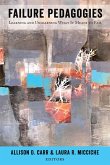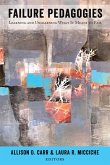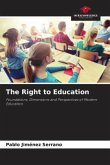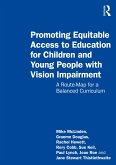"When we think of educational inequalities, money often seems to be an obvious way of fixing them. After all, how else can schools be improved but through an influx of resources, be they aimed at updating old facilities, purchasing computers, or even acquiring new textbooks? But as Roseann Liu argues in "Designed to Fail," even when schools do get desperately needed funding, much is broken about the way that resources are allocated, even when we account for socioeconomic inequality. Liu sets out to show that even when you account for a full range of socioeconomic statuses, white kids are getting more school funding per pupil than Black and Brown kids. Looking to battles over school funding in Pennsylvania, she sets out to show the legal and social reasons why racial inequality in education is so deeply entrenched. Liu shows that in Pennsylvania, as in several other states, one policy, officially referred to as "hold harmless" by politicians and "hold harmful" by antiracist advocates, guarantees that school districts receive at least as much money as they received during a baseline year, regardless of increases or decreases to student enrollment. This means that poor white rural areas that have seen declining student populations are still getting funding for more students than they currently serve, while expanding Black and Brown urban districts are squeezed. But advocates have learned that they can't win if they talk about race. From lawyers to activists to school superintendents, the people with the most power have watched as arguments based on race failed. In light of these failures, Liu calls for a reparations framework of school funding goes beyond redistributive approaches by not only accounting for current inequities of funding, but also reckoning with the compounded effects of intergenerational racism. This call makes for a book that is far more than a local history of school inequality"--
Hinweis: Dieser Artikel kann nur an eine deutsche Lieferadresse ausgeliefert werden.
Hinweis: Dieser Artikel kann nur an eine deutsche Lieferadresse ausgeliefert werden.








